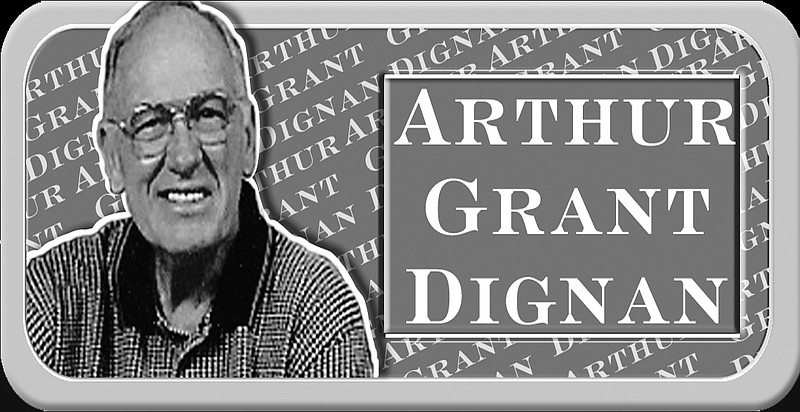Yes, it is as legitimate as any written and spoken language. It is also one of the most sophisticated and beautiful languages in the world. Deaf people are proud of ASL and their deaf culture. Often, members of minority groups feel more comfortable with other members of their group than when with members of the majority group. This is true for deaf people as well: We feel most comfortable with those who share our culture and language.
As I have mentioned before, ASL is the native language for North American Deaf people. Deaf people throughout its history have cherished it. ASL opened doors for deaf people to learn a trade and receive an education. It provided deaf people with a sophisticated and aesthetically pleasing way to communicate with each other and the larger hearing society. In some areas, entire communities emerged in which both hearing and deaf people used ASL with each other on a daily basis. In spite of the many opportunities that ASL provided deaf people, it did not take long for some educational professionals to oppose it. The opposition became so strong, that for decades schools abolished the use of ASL in classrooms.
While the attacks against the use of ASL in educational settings continue, ASL survives, and in many places flourishes. Many high schools and colleges now offer ASL classes for foreign language credit. While it is good that states, schools and colleges now recognize ASL as a language, I must say again that ASL is not "foreign." Instead, ASL is an indigenous language, and since it is uniquely visual, it is a natural language for deaf people. English, French, Spanish and other languages that are written and spoken are "foreign" languages for deaf people. They are unnatural languages for us.
Of the Deaf People, By the Deaf People, For the Deaf People

